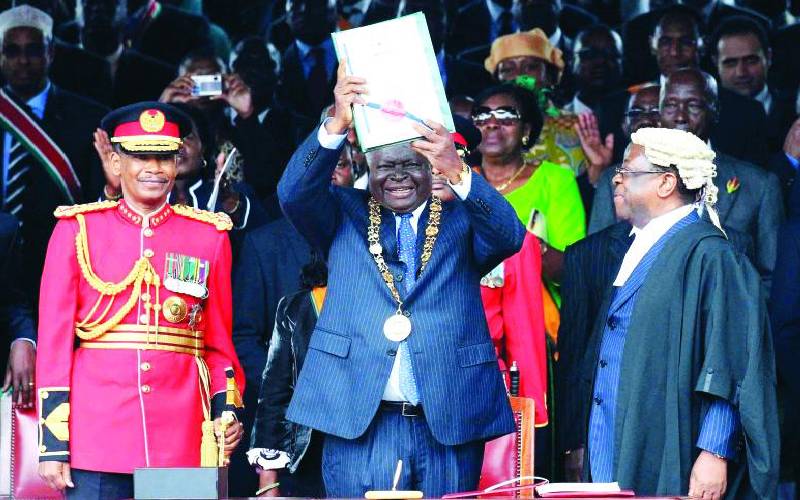
That ordinary Kenyans are experiencing financial straits cannot be gainsaid. Anecdotal evidence points to a constrained business environment that has seen many companies downsize or close altogether. This deplorable atmosphere threatens to upend Kenya’s status as the regional economic heavyweight.
No one wants to take responsibility and the buck is passed as excuses are sought to explain an economy that is foundering. From near double-digit growth, there has been a climb down in aspiration to a modest six per cent growth. Even then, the figures bandied by authorities do not reflect reality. There are few new jobs created. Inflation is high and retrenchments are now the order of the day. The local dailies are full of advertisements of loan defaulters’ properties up for auction.